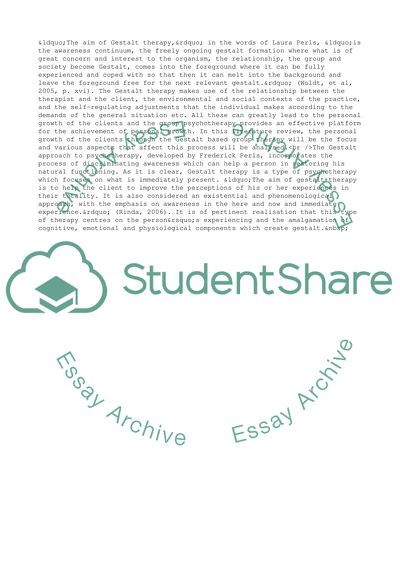Cite this document
(Literature Review on Personal Growth Experienced Through Gestalt Based, n.d.)
Literature Review on Personal Growth Experienced Through Gestalt Based. https://studentshare.org/management/1715412-literature-review-on-personal-growth-experienced-through-gestalt-based-group-therapy
Literature Review on Personal Growth Experienced Through Gestalt Based. https://studentshare.org/management/1715412-literature-review-on-personal-growth-experienced-through-gestalt-based-group-therapy
(Literature Review on Personal Growth Experienced Through Gestalt Based)
Literature Review on Personal Growth Experienced Through Gestalt Based. https://studentshare.org/management/1715412-literature-review-on-personal-growth-experienced-through-gestalt-based-group-therapy.
Literature Review on Personal Growth Experienced Through Gestalt Based. https://studentshare.org/management/1715412-literature-review-on-personal-growth-experienced-through-gestalt-based-group-therapy.
“Literature Review on Personal Growth Experienced Through Gestalt Based”. https://studentshare.org/management/1715412-literature-review-on-personal-growth-experienced-through-gestalt-based-group-therapy.


